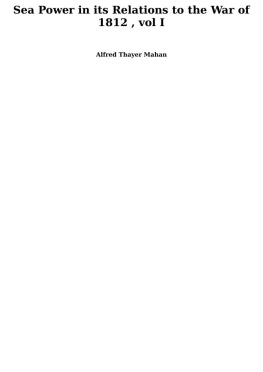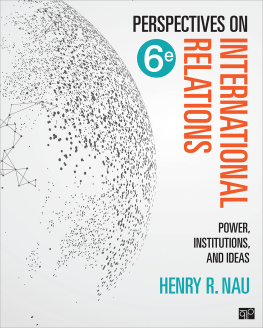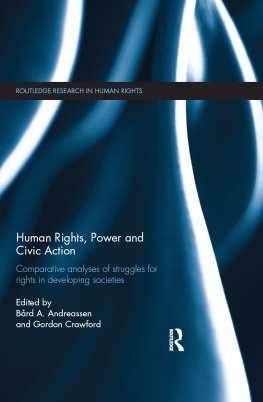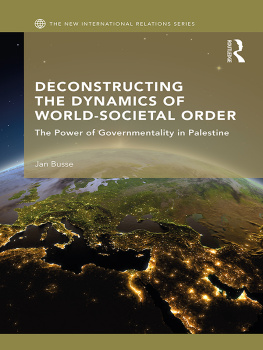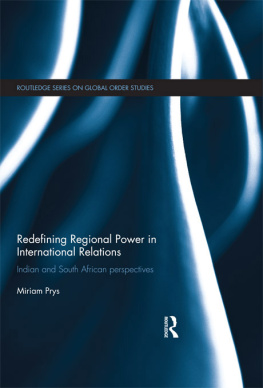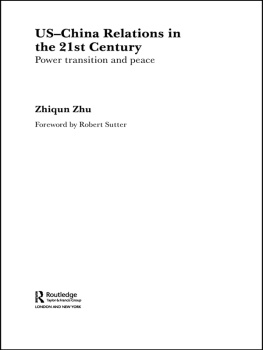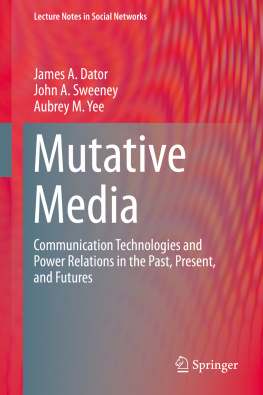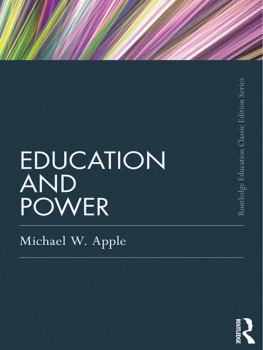Anthem Press
An imprint of Wimbledon Publishing Company
www.anthempress.com
This edition first published in UK and USA 2021
by ANTHEM PRESS
7576 Blackfriars Road, London SE1 8HA, UK
or PO Box 9779, London SW19 7ZG, UK
and
244 Madison Ave #116, New York, NY 10016, USA
Copyright Clara Rbner Jrgensen and Michael Wyness 2021
The authors assert the moral right to be identified as the authors of this work.
All rights reserved. Without limiting the rights under copyright reserved above,
no part of this publication may be reproduced, stored or introduced into
a retrieval system, or transmitted, in any form or by any means
(electronic, mechanical, photocopying, recording or otherwise),
without the prior written permission of both the copyright
owner and the above publisher of this book.
British Library Cataloguing-in-Publication Data
A catalogue record for this book is available from the British Library.
Library of Congress Control Number: 2021936768
ISBN-13: 978-1-78527-770-2 (Hbk)
ISBN-10: 1-78527-770-7 (Hbk)
Cover image: Di PiXXart/Shutterstock.com
This title is also available as an e-book.
We want to acknowledge the help and guidance from Megan Greiving and Jayashree at Anthem Press and the copy editor of the book. We also thank Loraine Blaxter, Kaare Rbner Jrgensen and the anonymous reviewers for their constructive commentary on earlier drafts. Much of this book was written under one-dimensional power conditions Covid-19 and the various lockdowns formed the backdrop to our analysis. We write about this in our conclusion, but we would like to thank our respective families during this period for their love, support and diversion: Beth, Alec and Henry for Wyness, and Erez, Naomi and Maya for Jrgensen.
The past 30 years have seen significant changes in the ways children are conceptualised within research, policy and practice. The UN Convention on the Rights of the Child (CRC) (UNICEF 1989) established children as individual holders of rights to survival and development, protection and participation. Particularly, participation rights have become associated with childrens rights to have a voice and power over decisions of relevance to them (Montgomery, ).
There is now a well-established body of literature on childrens rights and agency (James, ) which incorporates the idea that children have global entitlements and makes research-based assumptions about childrens capacities and contributions. Within this literature, the rights of children to have a voice, exercise agency and participate in matters of importance to them is often associated, and at times conflated, with the idea that children have more power. Common sense and public commentary on childhood also tends to assume that childrens power derives from the increase in legal and political arrangements that give children an opportunity to make a difference in their own lives and in the lives of those around them. This linkage between rights, agency, participation and power presents the basis for one model of what we in this book refer to as kid power.
).
Zero-sum and binary conceptions of power also seem to prevail in arguments against the promotion of childrens rights and participation. For example, Howe and Covell (: 4),
the election was remarkable in the irony of the results. Many had expected that the students would become overly demanding and defiant and would give priority to their own personal freedoms. Contrary to these expectations, however, the results, announced by UNICEF, showed that the right held to be most important to children and youth was the right to grow up in a family.
Consumption is another example of an area where childrens increasing power over their parents has been interpreted in a predominantly zero-sum manner. Here the negative and derogatory concept of pester power has been used to describe childrens attempts to exert influence over parental purchases in a repetitive and sometimes confrontational way (Nicholls and ), these examples illustrate a common perception of kid power as binary and conflictual, assuming that children and adults have fundamentally different agendas and that intergenerational encounters are shaped by negotiations or struggles over whose agenda should prevail.
In this book we wish to propose a different, wider and less binary framework for understanding kid power. Our framework is based on three main propositions. The first proposition is that kid power should be understood not only as zero-sum, with children gaining power at the expense of adults, but also as positive-sum (Haugaard, ) and a broader focus on dialogue and collaboration as arenas for power, alongside potential conflicts.
The second proposition is that differences of power are not only intergenerational but also fundamentally intragenerational. To understand kid power, we thus need to incorporate and analyse the diverse responses of different kinds of adults (parents, teachers, policymakers, etc.) to childrens actions and pay close attention to power inequalities between children within and across countries. Shier () has discussed the diverse responses of adults to protagonismo childrens autonomous participation and organisation:
On the one hand, adult supporters may be involved in facilitating, building capacity, mobilizing, and resourcing actions that children themselves organize and direct. On the other hand, adults also have power to control access to spaces and resources and can use this to manage and constrain childrens mobilization and thus limit their autonomous actions [] sometimes adults in authority approve and praise it [protagonismo], recognizing it as a positive expression of active citizenship by students and reporting positive outcomes. On many occasions, however, for example, when students organize marches, protests, sit-ins, and other kinds of political actions, it is seen as cause for concern, a challenge to legitimate adult authority, and disruption of established power relations (Shier, : 5).
This description bears many resemblances to the way different groups of adults have responded to other examples of childrens activism, for example, the recent climate school strikes (Fridays for the Future) organised by children and young people across the world to protest against climate inaction. It ). However, as we will discuss throughout the book, they also often rely on adults to help them instigate and implement changes, or work with them to manage challenging situations. This further supports our first proposition the need to examine kid power from a positive-sum perspective. It also emphasises the importance of exploring the position of different groups of children as mediators between their families and the surrounding society.
Finally, the third proposition presented in the book is that kid power is multidimensional and needs to be analysed as such. Discussions about the presumed increased levels of kid power, both among those who frame it as a positive and those who see it as more negative, tend to predominantly focus on children participating in or making decisions, and exercising their power by having a voice. Drawing on theories of power, this element, however, only represents one dimension or face of power (Bachrach and Baratz, 1962; Lukes, 2005) and may obscure more covert dimensions of power. The emphasis on discursive manifestations of power furthermore limits understandings of other more material and practical aspects of kid power. A focus on overt decision-making and voice may thus both give the wrong impression about the real level of kid power and look for it in the wrong places. For example, in the United Kingdom, a common area for exploring childrens power in schools has been their involvement in school councils. However, school councils are not always effective as a forum for children making decisions about their school, as the space they provide is highly structured by existing power relationships between children and their teachers (Percy-Smith, ). To understand the different dimensions of childrens power, it is thus necessary to look beyond such structured opportunities for participation and explore other less obvious areas where children may have a greater chance of influencing the actions of others or, alternatively, to look for spaces where children exercise their power with adults.




